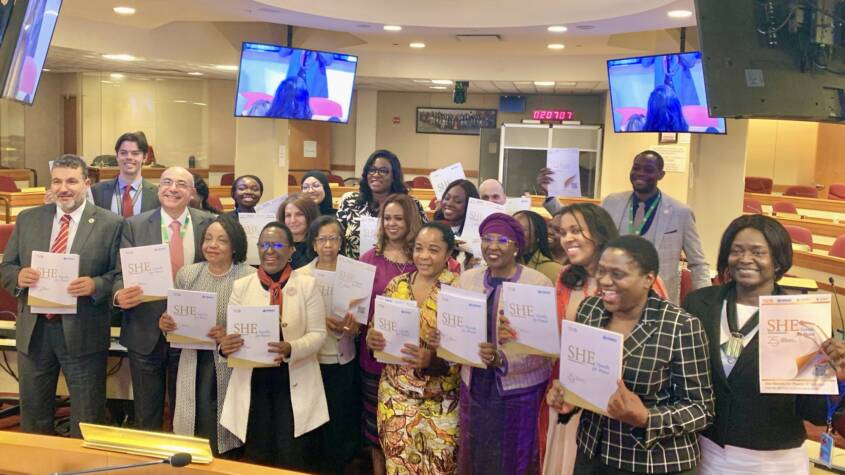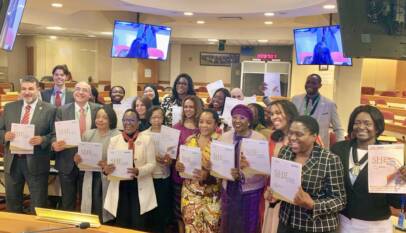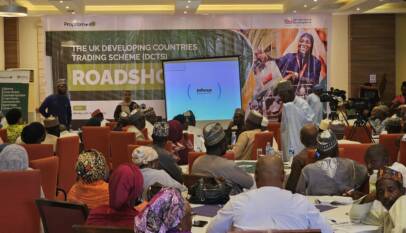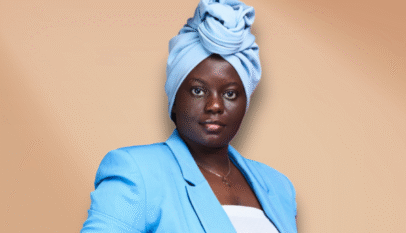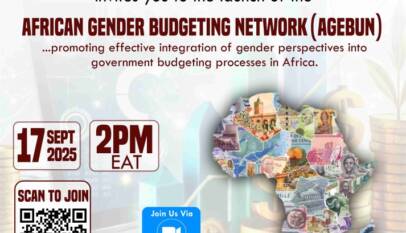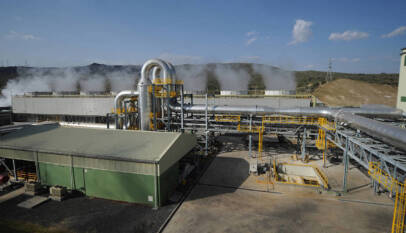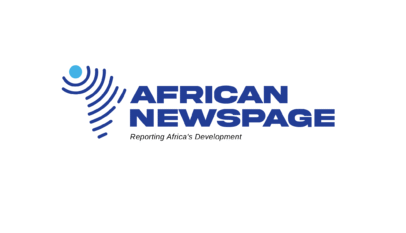Africa Sets a New Global Mandate for Women, Peace, and Security at UN
Africa has reaffirmed its leadership in the global Women, Peace and Security (WPS) agenda at the United Nations Headquarters in New York during the week-long commemoration of the 25th anniversary of UN Security Council Resolution 1325.
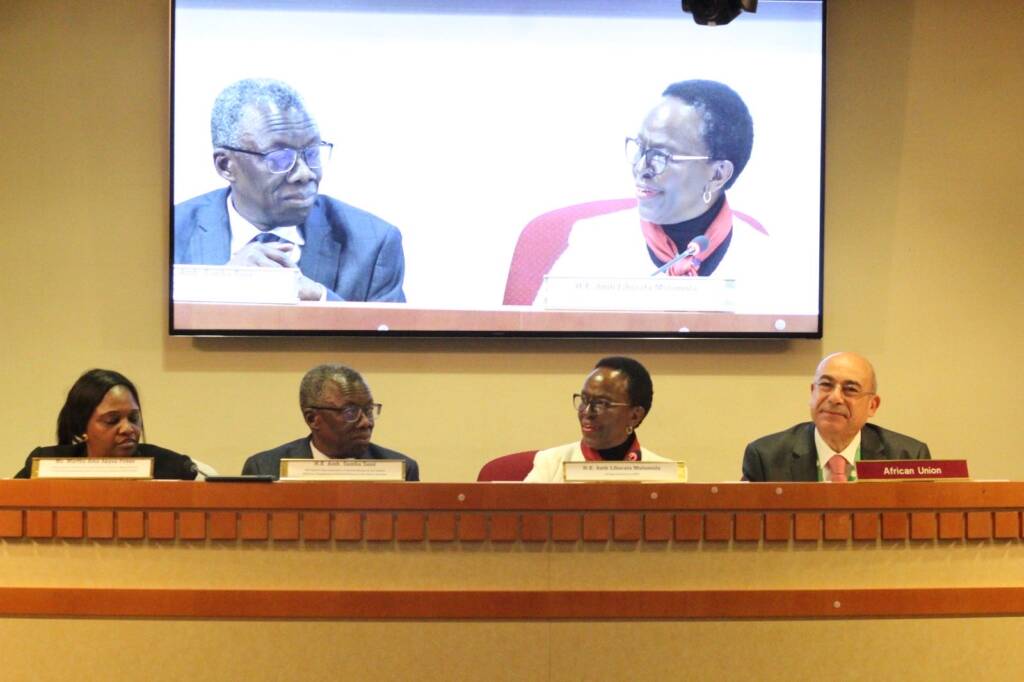
At the heart of Africa’s message was a call for accountability and transformation — moving beyond symbolic representation of women in peace processes to ensuring their influence, leadership, and measurable impact.
The Windhoek+25 Declaration: From Presence to Power
Led by Ambassador Liberata Mulamula, Special Envoy of the Chairperson of the African Union Commission (AUC) on Women, Peace and Security, the AU presented the Windhoek+25 Declaration, adopted in Namibia ahead of the UN meetings.
“The era of symbolic inclusion is over,” declared Ambassador Mulamula. “The Windhoek+25 Declaration is a new call to action — we must stop counting women’s presence and start measuring their influence and transformative impact.”
The declaration sets out three core priorities for accountability:
- Financial Accountability: Ensuring predictable and sustainable financing for WPS through gender-responsive budgeting.
- Addressing Emerging Threats: Integrating gender perspectives into climate, technology, and displacement-related security challenges.
- Intergenerational Leadership: Empowering young women and men as co-architects of peace for the next 25 years.
Africa’s Roadmap: Five Priorities for Action
The AU’s roadmap underscores five priorities guiding implementation of the WPS agenda:
- Full Participation – Guaranteeing at least 30% representation of women in all peace processes.
- Protection and Accountability – Ending gender-based and conflict-related sexual violence.
- Regional Solidarity – Strengthening cross-border women’s peace platforms within SADC, IGAD, ECOWAS, and the Great Lakes region.
- Intergenerational Leadership – Bridging young and seasoned women leaders through mentorship and dialogue.
- Economic Empowerment and Peace Education – Promoting women’s resilience and embedding peace education in schools.
Amplifying Voices from the Frontlines
Africa’s leadership was also reflected in the launch of the e-book “She Stands for Peace: 25 Stories in Celebration of 25 Years of UNSCR 1325” at Africa House. The book highlights first-hand accounts from women peacebuilders such as Fabiola Faïda Mwangilwa (DRC) and Saba Gebremedhin Hagos (Ethiopia), whose stories underscore African women’s resilience and leadership in peacebuilding.
The AU expressed appreciation to Norway and Ireland, whose support through the UN Office to the African Union (UNOAU) made it possible to amplify these stories globally.
Partnering for Implementation
During the UN high-level sessions, Ambassador Mohamed Edrees, AU Permanent Observer to the UN, reiterated the AU’s commitment to deepening its partnership with the United Nations:
“We welcome the Secretary-General’s Common Pledge on Women’s Participation in Peace Processes and urge all actors to turn promises into practice. When women are meaningfully included in peace processes, the outcomes are stronger, fairer, and more enduring.”
The Future of Peace is Accountable
The AU’s participation in the WPS Week reaffirmed Africa’s resolve that peace is not merely the absence of war, but the presence of justice, equality, and inclusivity. The Windhoek+25 Declaration marks a defining moment — shifting Africa’s WPS agenda from commitment to concrete delivery and ensuring that women’s power, participation, and leadership form the cornerstone of a peaceful and prosperous continent.

